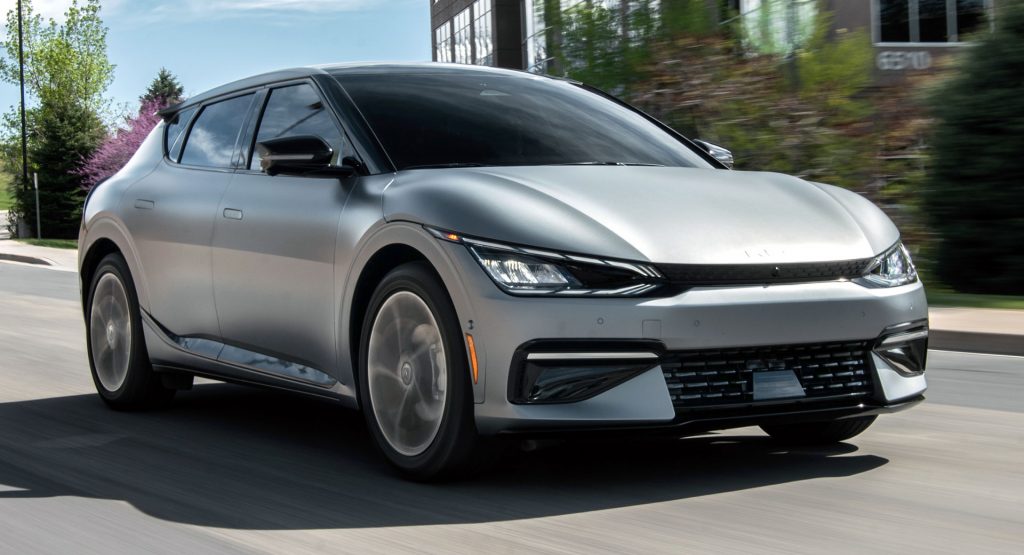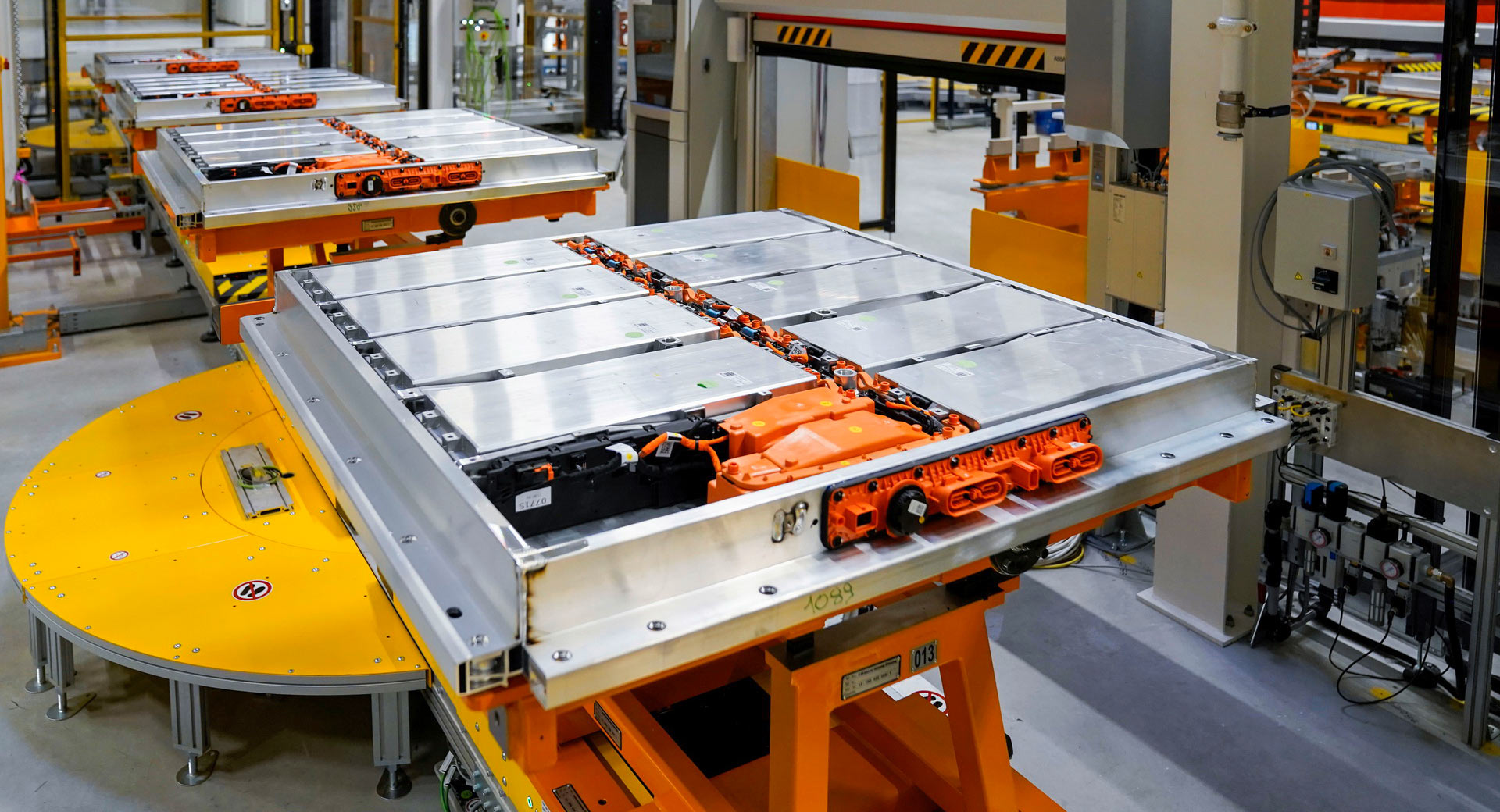Could the explosion of the internet some twenty years ago predict how electric cars will be adopted? According to BBC’s chief environment correspondent Justin Rowlatt, the answer is yes.
According to the article, what we’re seeing take place in the automotive industry is not just a change in consumer demand but a technological revolution. Many car manufacturers seem to share this viewpoint and are quickly jumping on the EV bandwagon.
The death of the internal combustion engine appears to hasten as major automakers reveal plans not just to slow down but, in some cases, completely stop production of internal combustion engines. General Motors says it will switch to EV only by 2035. Ford says all vehicles sold in Europe will be electric by 2030. Volkswagen stated that 70 percent of its will be electric by the year 2030. Jaguar too will only sell electric vehicles by 2025, while Geely-owned Lotus will follow suit three years later. Under the same corporate umbrella as the sports car manufacturer, Volvo will go EV-only from 2030.
There may be a good reason for the mass exodus away from petrol power. Despite overall car sales slumping by a fifth during the coronavirus pandemic, global sales of electric cars in 2020 rose by 43 percent to a total of 3.2 million.
Also: 7-Eleven Adding 500 DC Fast Chargers To Its Locations In The U.S. And Canada
It’s a trend that has already been seen courtesy of another techno revolution: the internet. In the late ’90s, the tech-savvy were lapping up PCs to get online. But the explosion in internet use by the new millennium is evidenced in the numbers. By 1995, there were 16 million people online. By 2001, there were 513 million. Today, there are over 3 billion.
An S-shaped curve could be witnessed, with steep adoption before market saturation. Driving the change in internet statistics were lower prices, making computer hardware more accessible. The same looks like it will be the case for EVs.
Electric cars used to be very expensive due, mostly, to the high cost of their batteries. However, Madeline Tyson, of the US-based clean energy research group RMI, says that a decade ago, it cost $1,000 per kilowatt-hour of battery power; now it’s nearing $100.
With 5 percent of cars sold today being electric, it would seem we could be at the beginning on the S curve. However, UBS predicts that the number of EV sales will rise to 20 percent in just four years, and by 2030 (the steep segment of the curve) we’ll see EV sales jump to 40 percent. From there, the next 10 years will, predictably, see virtually every new car on sale be a BEV.
The dawn of the EV revolution is well and truly upon us.










